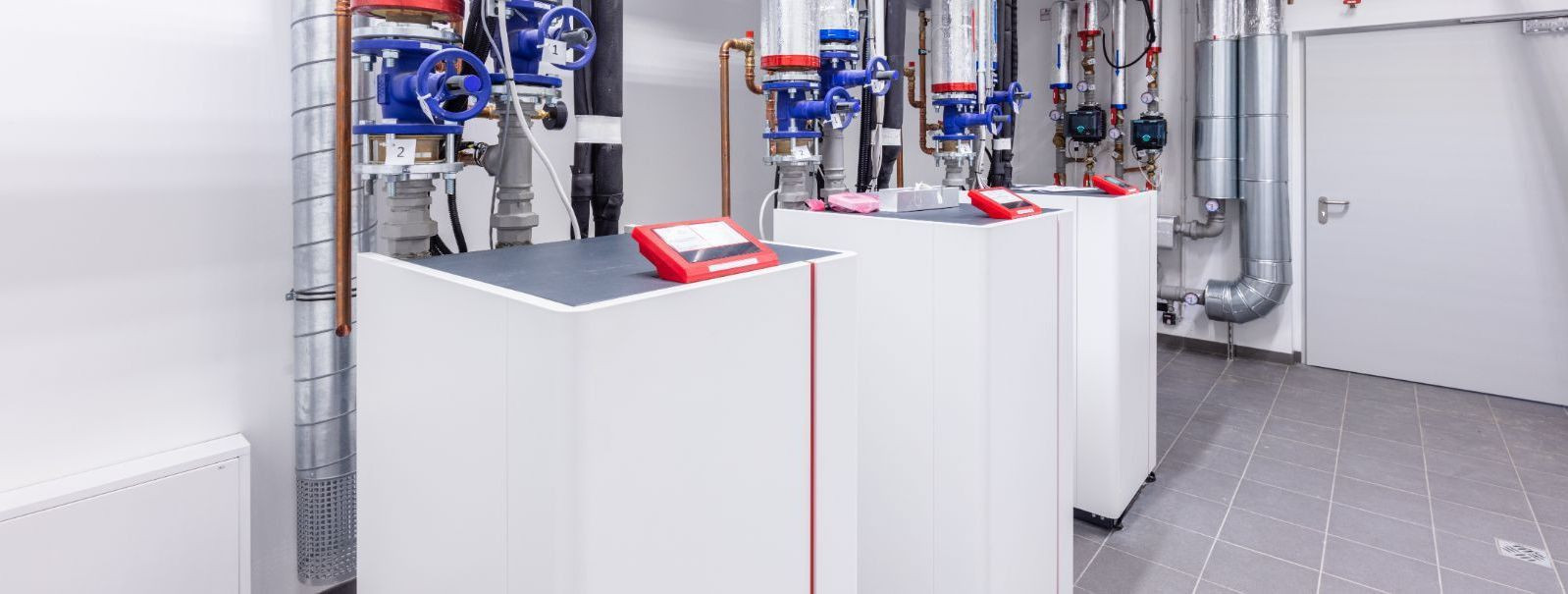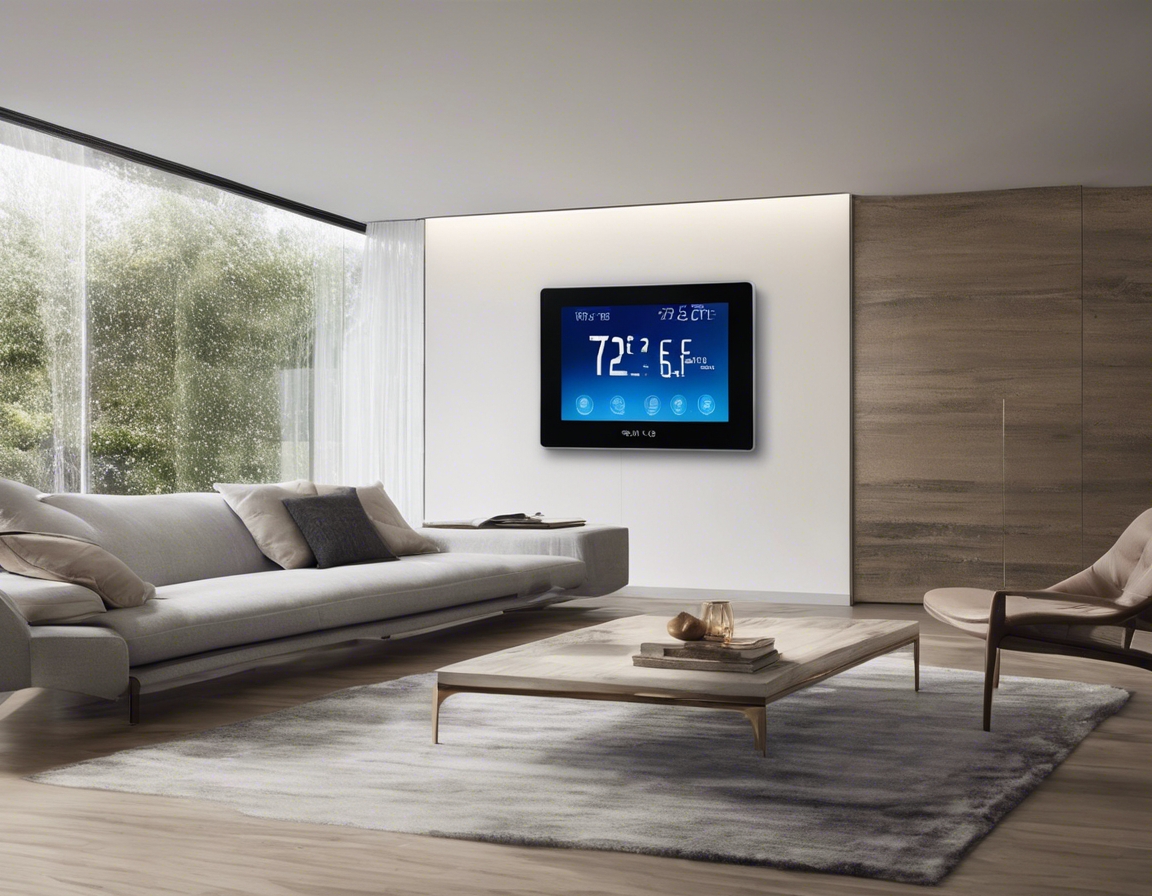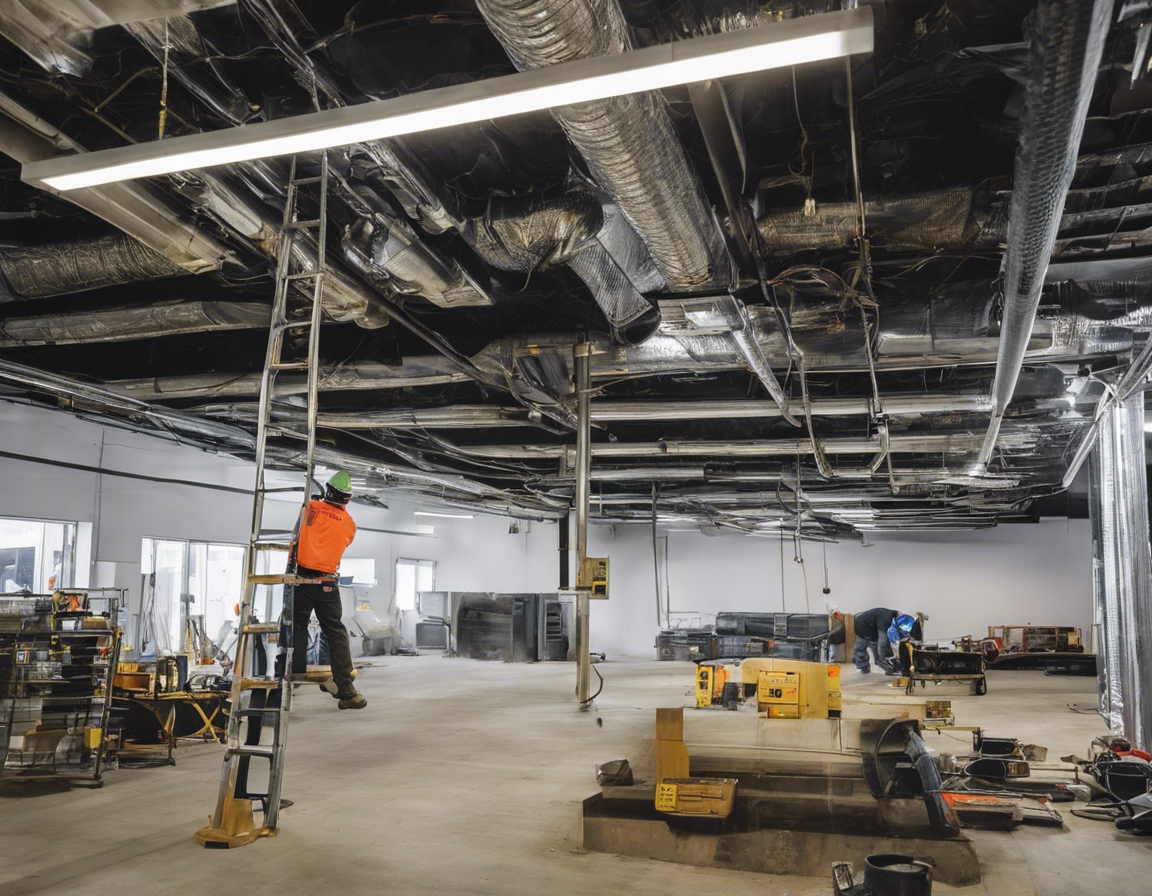5 signs your heating system needs an upgrade
As a homeowner or property manager, ensuring a comfortable and energy-efficient environment is paramount. One key component to achieving this is your heating system. However, like any other piece of equipment, heating systems have a finite lifespan and may require an upgrade to maintain optimal performance. In this post, we'll explore five signs that indicate your heating system may need an upgrade.
Understanding Heating System Efficiency
Heating system efficiency refers to how well your system converts energy into heat. High-efficiency systems use less energy to produce the same amount of heat compared to older or less efficient models.
Efficiency is crucial not only for reducing energy consumption and costs but also for minimizing your carbon footprint and ensuring consistent comfort in your property.
Sign #1: Increasing Energy Bills
If you've noticed a steady increase in your energy bills without a corresponding rise in energy rates or usage, it could be a sign that your heating system's efficiency is declining.
Monitoring your system's energy consumption can provide insights into its performance and help you decide if an upgrade is necessary.
Sign #2: Inconsistent Heating and Cold Spots
Inconsistent heating throughout your property is a clear indicator that your system may be struggling to distribute heat evenly.
Cold spots can result from various issues, including ductwork problems or an aging heating system that can no longer cope with the demand.
Sign #3: Frequent Repairs and Breakdowns
Frequent repairs not only disrupt comfort but also lead to mounting costs, which can make an upgrade a more economically sound decision in the long run.
When the cost of repairs approaches or exceeds the value of your heating system, it's time to consider an upgrade.
Sign #4: Your Heating System is Over 15 Years Old
Most heating systems are designed to last between 15 to 20 years. If yours is approaching or has surpassed this age, it's likely time for an upgrade.
Modern heating systems offer significant improvements in efficiency, performance, and features compared to older models.
Sign #5: Poor Indoor Air Quality and Excessive Noise
An aging heating system can contribute to poor indoor air quality by circulating dust, allergens, and other pollutants.
Excessive noise from your heating system can be a sign of internal wear and tear, indicating that an upgrade may be necessary to restore quiet operation.






Comments (0)